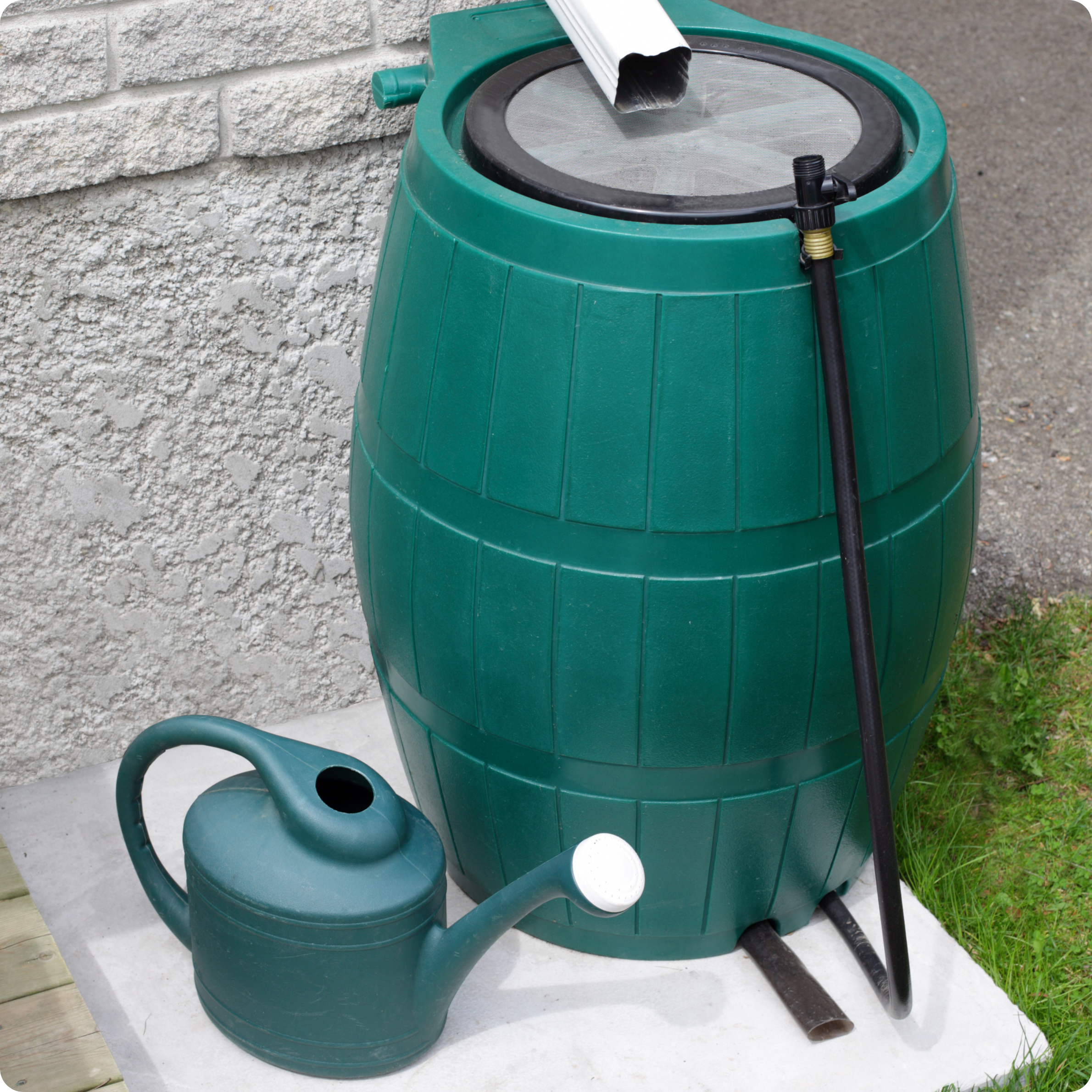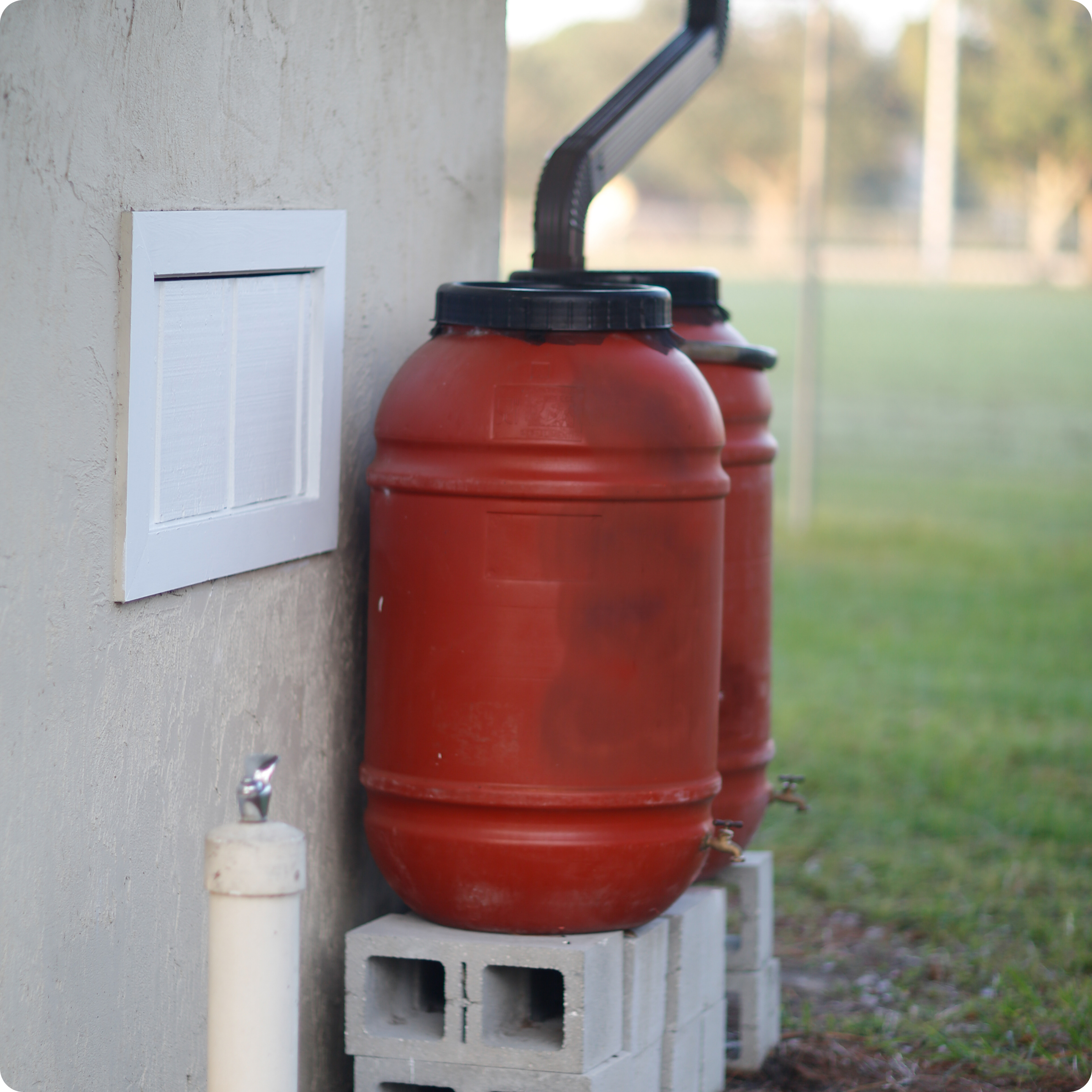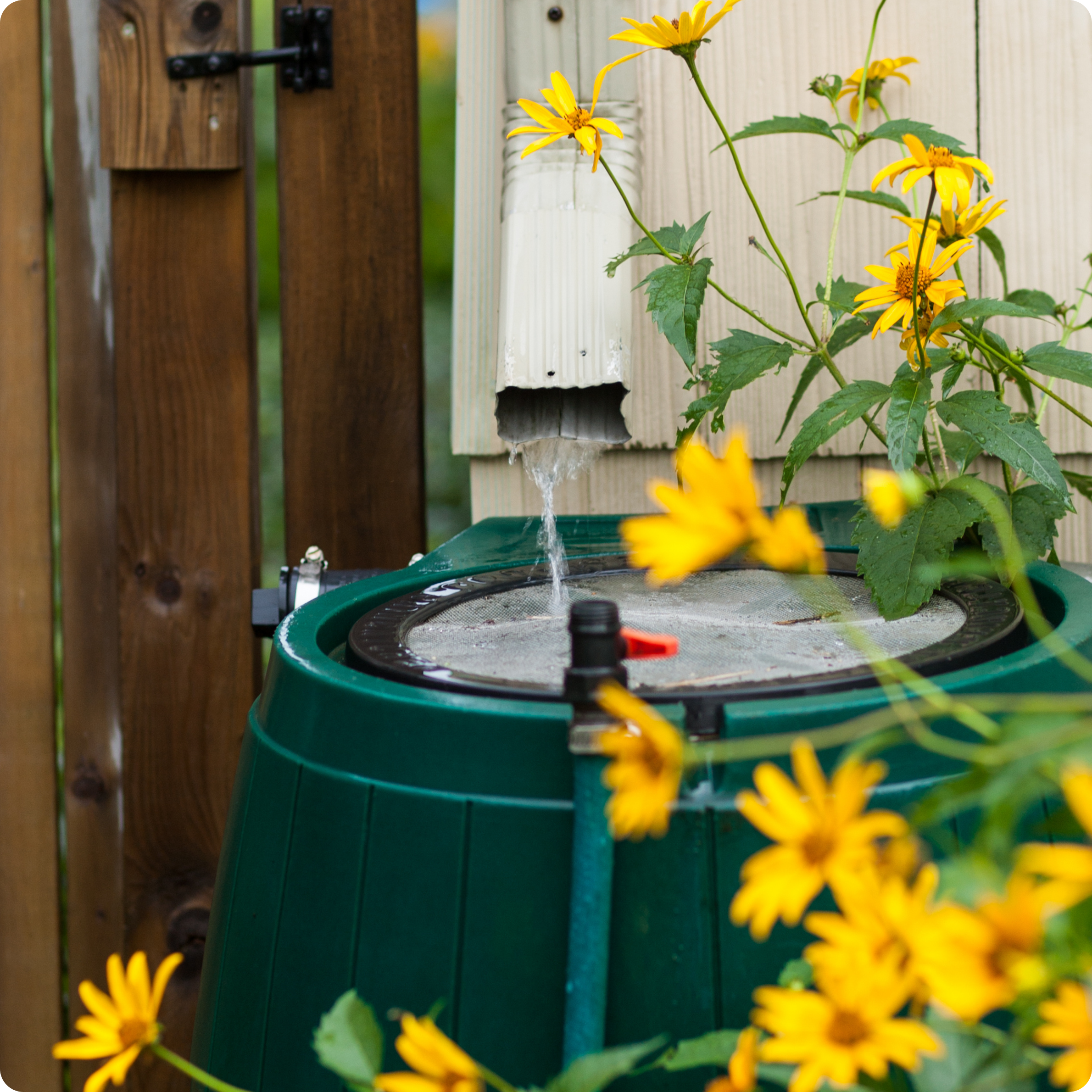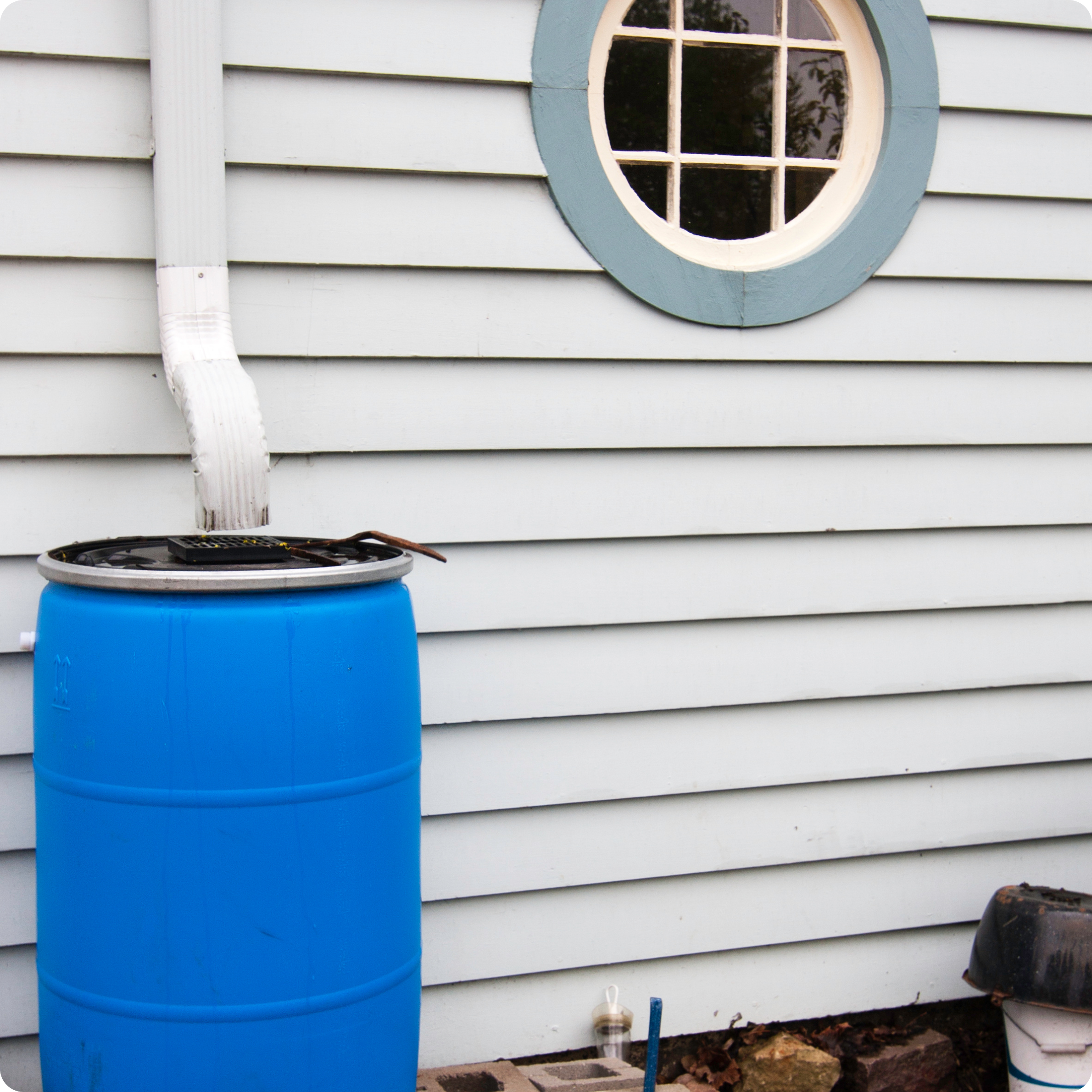Rain Barrels and the Changing Legal Landscape in Colorado
Rain barrels have long been seen as a simple yet effective solution for conserving water, reducing stormwater runoff, and promoting sustainability. By collecting rainwater from rooftops, homeowners can use it for non-potable purposes like watering gardens, lawns, and plants. However, in Colorado, a state where water rights are tightly regulated, the practice of using rain barrels has been historically restricted. Over the past few years, though, the state has seen a shift in how rainwater collection is viewed under the law, making it easier for residents to use this valuable resource.

Why Rain Barrels Matter
It's important to understand why rain barrels are such a valuable tool for water conservation. Rain barrels are typically installed beneath downspouts on homes or other buildings, where they collect rainwater that falls on the roof. The water is stored in large barrels or tanks and can be used for various outdoor purposes, such as watering gardens, lawns, or washing cars.
Using a rain barrel has several key benefits:
- Water Conservation: As the global population grows, the demand for water is increasing. Rain barrels provide a way for homeowners to use a renewable resource—rainwater—rather than drawing from municipal water supplies or other sources.
- Reduced Water Bills: Using rainwater for outdoor irrigation can significantly reduce a household’s water bill, especially during the dry months when irrigation needs are highest.
- Stormwater Runoff Reduction: Capturing rainwater helps reduce stormwater runoff, which can cause flooding, erosion, and water pollution. By diverting rainwater into a barrel, less water is sent into storm drains, helping local water systems handle precipitation more effectively.
- Environmentally Friendly: Harvesting rainwater reduces reliance on treated water, which requires significant energy for purification and distribution. It also supports sustainable living by making use of a free, naturally occurring resource.

Colorado’s Water Rights System and Historical Restrictions
In Colorado, the state’s water laws are governed by a system known as "prior appropriation," a legal framework that allocates water based on a first-come, first-served basis. Under this system, individuals or entities that hold water rights have exclusive rights to divert and use water from rivers and streams. The state’s laws surrounding water rights are complex and have historically made it difficult for residents to collect rainwater, as any diversion of water, even rainwater, was subject to regulation.
The primary concern with rainwater harvesting in Colorado was that it could potentially affect downstream water users. If homeowners collected too much rainwater and prevented it from flowing into the local water system, it could limit the availability of water for those with legal water rights downstream. For this reason, rainwater harvesting was largely restricted for many years, and in most cases, residents were not allowed to collect rainwater without a permit.
While the intent of the law was to protect water rights and prevent potential harm to those downstream, it resulted in confusion and a lack of widespread adoption of rainwater harvesting systems. For many Coloradans, the idea of using a rain barrel seemed out of reach, and sustainable water use methods were limited.

The Changing Landscape: Legal Shifts in Colorado
In recent years, there has been a growing recognition of the importance of rainwater harvesting, both for conservation and sustainability. In 2009, Colorado passed legislation that allowed residents to use rain barrels, but it was initially limited in scope. The law permitted homeowners to collect rainwater, but only for non-potable uses like irrigation, and only under certain conditions. Residents were required to adhere to strict rules, including ensuring the water did not interfere with legal water rights or affect water quality.
One of the most significant changes in Colorado law came in 2016, when a law was passed allowing homeowners to legally use rain barrels for the first time. This law permitted individuals to collect up to 110 gallons of rainwater per property for non-potable use. However, rainwater harvesting systems were required to meet certain conditions:
- Rain barrels had to be covered to prevent contamination or breeding of mosquitoes.
- The collected water could only be used for outdoor irrigation and not for consumption or any other potable purposes.
- Property owners had to ensure the rainwater harvesting system did not interfere with any existing water rights.
This change was a major step forward in allowing Colorado residents to tap into a resource that had been previously restricted. It reflected a growing recognition that rainwater harvesting could be an effective, sustainable way to conserve water in a state that often faces drought conditions.

What’s New in Colorado’s 2025 Law?
As of 2025, Colorado has made further strides in expanding access to rainwater harvesting. The state has introduced legislation that relaxes some of the previous restrictions on rainwater collection, giving more flexibility to homeowners. For example, the limit on how much water could be stored in rain barrels has been lifted for many residential properties. Homeowners can now install larger systems, allowing them to store more rainwater for later use. Additionally, the law encourages municipalities and developers to incorporate rainwater harvesting systems in new construction projects and urban planning initiatives.
These updates have made rainwater collection an increasingly practical and accessible option for residents of Colorado, regardless of their location or property size. The state’s approach has shifted from one of restriction to one of encouragement, recognizing the environmental benefits of rainwater harvesting while balancing the need to protect water rights.
The shift in Colorado's laws surrounding rain barrels represents a broader movement toward sustainability and environmental stewardship. As residents become more aware of the benefits of rainwater harvesting, the demand for rain barrels and other water conservation technologies is expected to grow. The legal changes that have taken place in Colorado reflect a commitment to ensuring that individuals can use this resource responsibly and in a way that benefits both them and their communities.